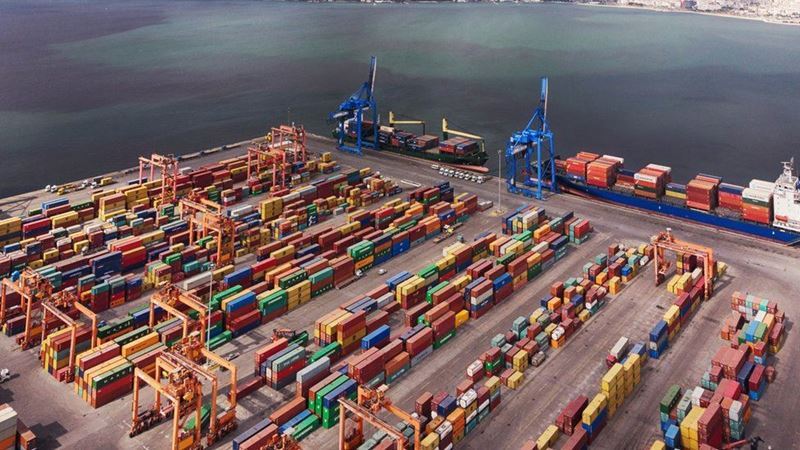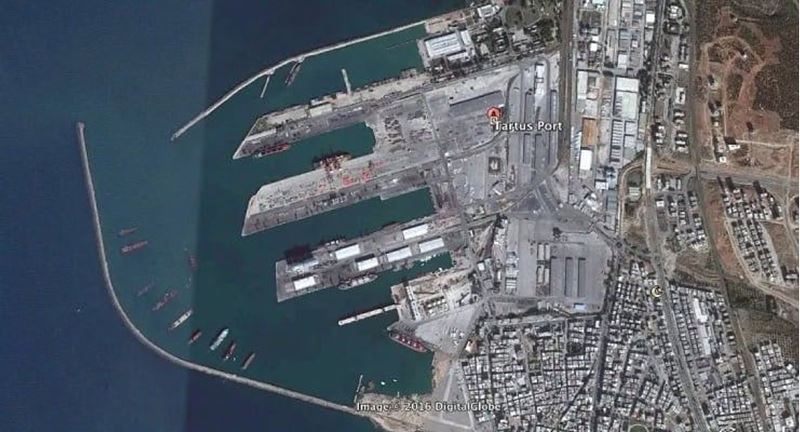Under the agreement, the U.S. has committed to applying a maximum customs duty of 15% on many products imported from the EU, including automobiles, while the EU has eliminated tariffs on U.S. industrial goods and opened quotas for agricultural products. However, the high 50% U.S. tariffs on steel, aluminum, and copper imports were left outside the scope of the deal and therefore remain in effect. As part of the agreement, the EU also pledged to purchase USD 750 billion worth of energy products and USD 40 billion worth of AI chips from the U.S., and to invest USD 600 billion in the country.
For Türkiye, the situation has become significantly more challenging. The high U.S. tariffs imposed on Türkiye have weakened competitiveness particularly in textiles, furniture, and the automotive supply industry, raising concerns about market loss. The tariff burden on textiles has increased to 34%, while additional customs duty on furniture was raised to 25% in October and will reach 30% in January 2026. In the automotive components sector, the 50% additional duty on steel- and aluminum-containing products is bringing exports close to a standstill.
Mustafa Gültepe, President of the Turkish Exporters Assembly (TİM), stated that the agreement will have severe consequences for Türkiye: “The U.S. accepted a maximum customs duty of 15% on products imported from the EU. The EU removed tariffs on U.S. industrial goods and opened quotas for agricultural products. Yet the minimum tariff applied to Türkiye has risen to 15%, and the EU obtained the right to apply a maximum 15% tariff on many goods. This puts our sectors exporting to the U.S.—such as automotive, commercial vehicles, chemicals, pharmaceuticals, textiles, ready-to-wear, and furniture, at a competitive disadvantage.”
Gültepe stressed that the heaviest impact will be felt in commercial vehicles and automotive components, adding that the EU’s access to the 15% tariff ceiling largely eliminates Türkiye’s long-standing advantage in the U.S. market. He also noted that tariff caps on pharmaceuticals and chemical inputs are expected to raise global raw material and medicine prices.
The furniture industry is also increasingly concerned. Ahmet Güleç, President of the Furniture Associations Federation (MOSFED), stated that the agreement has eliminated Türkiye’s advantage in furniture exports to the U.S.: “The additional customs duty on exports from Türkiye to the U.S. was set at 15% in August. It rose to 25% in October and will increase to 30% in January 2026. For kitchen products, the duty is said to be raised to 50%. This weakens our competitiveness due to rising costs and exchange rate pressures and carries the risk of losing the U.S. market entirely. The U.S. is crucial for our sector, and Türkiye must accelerate negotiations with the U.S.”
Exporters warn that the trade advantages granted between the U.S. and the EU place Türkiye at a disadvantage and call for the urgent establishment of a new negotiation framework with both sides.
Ekonomim










Comments
No comment yet.